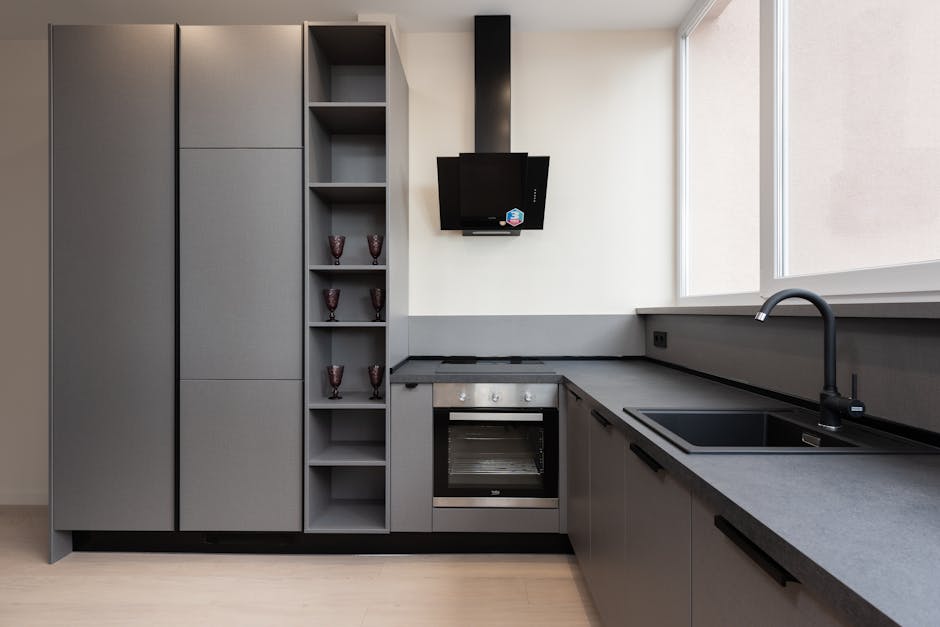The Benefits of Regular Plumbing Maintenance Checks

Regular plumbing maintenance checks are essential for ensuring the smooth operation of your home's water systems. By conducting these checks, you can prevent minor issues from escalating into significant problems, saving both time and money in the long run. This article will explore the various benefits of regular plumbing maintenance checks, emphasizing the importance of proactive care for your plumbing system.
Prevention of Major Plumbing Issues
One of the primary benefits of regular plumbing maintenance is the prevention of major issues. Small leaks or clogs, if left unattended, can lead to significant damage over time. Regular inspections allow for early detection and repair of these minor problems before they become more serious.
For example, a small leak under a sink may not seem like a big deal initially. However, if ignored, it can cause water damage to cabinets and floors, leading to costly repairs. Regular checks ensure that such leaks are detected and fixed promptly.
Moreover, routine maintenance helps identify potential problem areas in your plumbing system. Plumbers can spot early signs of wear and tear or corrosion in pipes, allowing for timely replacements or repairs.
- Identifying leaks and repairing them early
- Detecting clogs before they become severe
- Spotting signs of pipe corrosion
Cost Savings
Regular plumbing maintenance checks can lead to significant cost savings over time. By addressing minor issues before they become major problems, homeowners can avoid expensive repairs and replacements. According to a study by HomeAdvisor, the average cost of fixing a significant plumbing issue is around $2,000, while routine maintenance costs only a fraction of this amount.
Additionally, regular maintenance can extend the lifespan of your plumbing system. Pipes, fixtures, and appliances that are well-maintained tend to last longer, reducing the need for frequent replacements.
Consider this simple comparison:
| Maintenance Type | Average Cost | Potential Savings |
|---|---|---|
| Routine Maintenance | $150 - $300 annually | Saves up to $2,000 on major repairs |
| Major Repairs | $1,500 - $2,500 | - |
Improved Water Quality
Another benefit of regular plumbing maintenance is improved water quality. Over time, pipes can accumulate sediment and mineral deposits that affect water quality. Routine cleaning and inspections help remove these buildups, ensuring cleaner water for your household.
Regular maintenance also involves checking for any contaminants or pollutants in the water supply. Plumbers can test water samples to ensure that your drinking water meets safety standards.
Enhanced Efficiency and Performance
Maintaining your plumbing system regularly enhances its efficiency and performance. Well-maintained pipes and fixtures operate more efficiently, leading to better water pressure and flow. This is particularly important for appliances like dishwashers and washing machines that rely on adequate water pressure to function correctly.
Furthermore, regular maintenance helps identify any issues that could be affecting the performance of your plumbing system. For instance, blocked pipes or malfunctioning fixtures can be repaired or replaced to restore optimal functionality.
Avoiding Health Hazards
Ignoring plumbing issues can lead to health hazards such as mold growth and exposure to harmful bacteria. Leaky pipes create a damp environment conducive to mold growth, which can cause respiratory problems and allergies.
Additionally, stagnant water from clogged drains or broken pipes can become a breeding ground for bacteria like Legionella, which causes Legionnaires' disease. Regular maintenance ensures that such health risks are minimized by keeping your plumbing system clean and functional.
Compliance with Local Codes and Regulations
Regular plumbing maintenance also helps ensure compliance with local building codes and regulations. Plumbing codes are designed to protect public health and safety by setting standards for the design, installation, and maintenance of plumbing systems.
Non-compliance with these codes can result in fines or legal issues. Regular inspections by certified plumbers ensure that your plumbing system meets all relevant standards and regulations.
The Role of Professional Plumbers in Maintenance Checks
While some basic maintenance tasks can be performed by homeowners, professional plumbers play a crucial role in conducting thorough inspections and repairs. Certified plumbers have the expertise and tools needed to identify hidden issues that may not be apparent to an untrained eye.
During a professional maintenance check, plumbers typically perform a range of tasks including:
- Inspecting pipes for leaks or corrosion
- Cleaning drains and removing blockages
- Checking water heaters for proper functioning
- Testing water pressure levels
- Examining fixtures like faucets and toilets for wear and tear
The Importance of Scheduling Regular Maintenance Checks
To reap the benefits of regular plumbing maintenance checks fully, it's essential to schedule them consistently. Experts recommend having a professional plumber inspect your system at least once a year. For older homes or those with known plumbing issues, more frequent checks may be necessary.